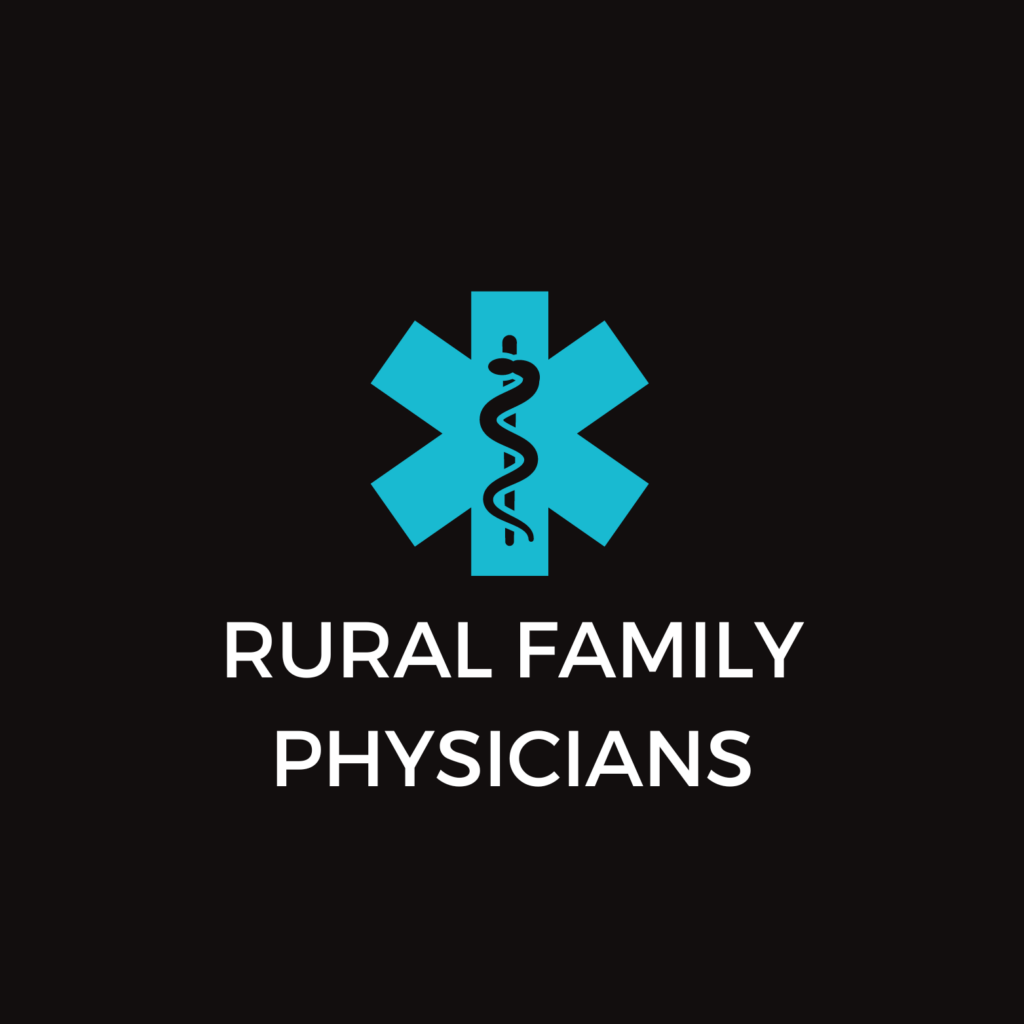
Policy Corner: Kelly Erb
The Final Countdown: Nine Days Left of State Session
The budget crisis, hospital provider fee, and uncertainty about federal changes have dominated much of the session. And with only 10 working days left of the Colorado state legislative session, Colorado lawmakers must make some difficult decisions. With a split party General Assembly, bipartisan compromise has been required to pass any legislation. As the days and hours wind down towards the scheduled May 11 end date, lawmakers still must maintain the spirit of compromise to finally pass a budget and tackle the perennial Hospital Provider Fee issue.
Many bills have been introduced to find a solution to the Hospital Provider Fee cuts and failed down party lines. However, one piece of legislation that was created out of compromise and commitment to rural Colorado still has a chance for passage if lawmakers work together and healthcare advocates keep pressing. SB17-267 Sustainability Of Rural Colorado, is a huge piece of legislation that essentially does three things: converts the Hospital Provider Fee into an Enterprise Fund and avoids significant cuts to hospitals, allocates funding for rural roads, and allocates funding for rural school districts.
Republicans have compromised their long-standing opposition to converting the fee into an enterprise fund by reducing the TABOR cap by the amount of the provider fee collection dollars and cuts state agency budgets by 2%. Democrats have pushed back against the reduction of the TABOR cap, and once the bill gets to the Democratic-controlled House, there will likely be even more compromise about the amount of the reduction. CRHC strongly support this legislation and we are still optimistic for its passage. We will be sending out an ACTION ALERT to all members once the bill is introduced in the House to urge members to support rural healthcare providers and pass the legislation. The voices of our members are incredibly important at this critical time, so we urge you participate in our Action Alert, reach out to your legislators, and encourage your coworkers and community members to also take action.
Considering the uncertainty still lingering in the final days of session, I wanted to provide CRHC members with some good news, too! Check out the great bills below that have already passed and been signed this session that support healthcare in rural Colorado.
HB17-1115 Direct Primary Health Care Services
CRHC Position of Support
The bill establishes parameters under which a direct primary care agreement may be implemented. An agreement may be entered into between a direct primary health care provider and a patient for the payment of a periodic fee and for a specified period of time. The provider must be a licensed, registered, or certified individual or entity authorized to provide primary care services.
The bill establishes that the agreement is not the business of insurance or the practice of underwriting and does not fall under regulation of the division of insurance. The bill outlines the conditions under which a provider may discontinue care to a patient.
The direct primary care (DPC) is a model similar to a gym membership. Patients sign up with a primary care provider for a predetermined monthly fee in exchange for unlimited primary care services. Advocates of the direct primary care model say it allows providers to spend more time taking care of patients and less time filling out paperwork and dealing with billing. The direct primary care service model may serve as an alternative revenue source for already struggling rural health clinics and may also fill in primary care service gaps for rural patients when used in conjunction with a high-deductible insurance plan. Because the bill is explicitly not insurance, certified Rural Health Clinics may participate in the DPC model if they develop a dual system for DPC billing and fee-for-service billing. The direct primary care model serves as another tool in the toolkit for addressing rural healthcare issues, and ultimately improving the overall health and economic well-being of rural Colorado communities.
Governor Signed (04/24/2017), legislation goes into effect on August 9, 2017.
SB17-033 Delegate Dispensing Over-the-counter Medications
CRHC Position of Support
The bill allows a professional nurse to delegate to another person, after appropriate training, the dispensing authority of an over-the-counter medication to a minor with the signed consent of the minor’s parent or guardian. Before this legislation, only Physicians and APNs could delegate OTC medications for minor. This presented an issue for school nurses, especially in rural areas, who did not have the authority to instruct teachers how to administer OTC medications to students off-campus.
Governor signed 3/30/17, legislation goes into effect on August 9, 2017.
HB17-1094 Telehealth Coverage Under Health Benefit Plans
CRHC Position of Support
Under current law, health benefit plans are required to cover health care services delivered to a covered person by a provider via telehealth in the same manner that the plan covers health care services delivered by a provider in person. This bill cleans up the telehealth bill from a few sessions ago and clarifies that:
- A health plan cannot restrict or deny coverage of telehealth services based on the communication technology or application used to deliver the telehealth services;
- The availability of telehealth services does not change a carrier’s obligation to contract with providers available in the community to provide in-person services who are willing to negotiate reasonable contract terms with the carrier;
- A covered person may receive telehealth services from a private residence, but the carrier is not required to pay for transmission costs the covered person incurs; and
- Telehealth includes health care services provided through audio-visual communication or the use of a HIPAA-compliant application via a cellular telephone but does not include voice-only telephone communication or text messaging.
Governor Signed (03/16/2017), legislation took effect upon passage and applies to health benefit plans issues or renewed on or after said date.
SB17-137 Sunset Health Service Corps Advisory Council
CRHC Position of Support
The Colorado Health Service Corps advisory council reviews applications and makes recommendations for participation in the Colorado Health Service Corps program. The program awards educational loan repayment for medical professionals who agree to provide primary health services in federally designated health professional shortage areas in Colorado. The bill continues the Colorado Health Service Corps advisory council indefinitely and no longer requires the advisory council be renewed via the legislature. CRHC is active with the council and our provider recruit program provides technical assistance and educates providers interested in working in rural Colorado about the loan repayment program.
Governor Signed (04/18/2017), legislation took effect upon passage.
SB17-146 Access To Prescription Drug Monitoring Program
CRHC Position of Support
This bill is one of many this session that attempt to tackle Colorado’s opioid epidemic. Colorado ranks 2nd in the nation for prescription opioid abuse, and opioid-related overdose deaths in 2015 totaled 472, exceeding once again the number of homicides in the state. Lawmakers have been working hard to find solutions to the problem in the midst of a state budget crisis, and as such this legislation does not require any additional state funding. The bill modifies provisions relating to licensed health professionals’ access to the electronic prescription drug monitoring program(PDMP) as follows:
- Allows a health care provider who has authority to prescribe controlled substances, or the provider’s designee, to query the program regarding a current patient, regardless of whether the provider is prescribing or considering prescribing a controlled substance to that patient;
- Specifies that a veterinarian who is authorized to prescribe controlled substances may access the program to inquire about a current patient or client if the veterinarian suspects that the client has committed drug abuse or mistreated an animal; and
- Specifies that in addition to accessing the program when dispensing or considering dispensing a controlled substance, a pharmacist or designee of the pharmacist may access the program regarding a current patient to whom the pharmacist is dispensing or considering dispensing a prescription drug.
The goal of the legislation is to allow providers greater access to the PDMP so they may make more holistic, ‘total body’ decisions about a drug and treatment plans. The legislation also sadly adds veterinarians to the providers that may access the PDMP in response to the spike in pet owners intentionally injuring their pets to access their veterinary opioid prescriptions.
Governor Signed (04/06/2017). This legislation applies to queries to the electronic prescription drug monitoring program occurring on or after the date of passage.




